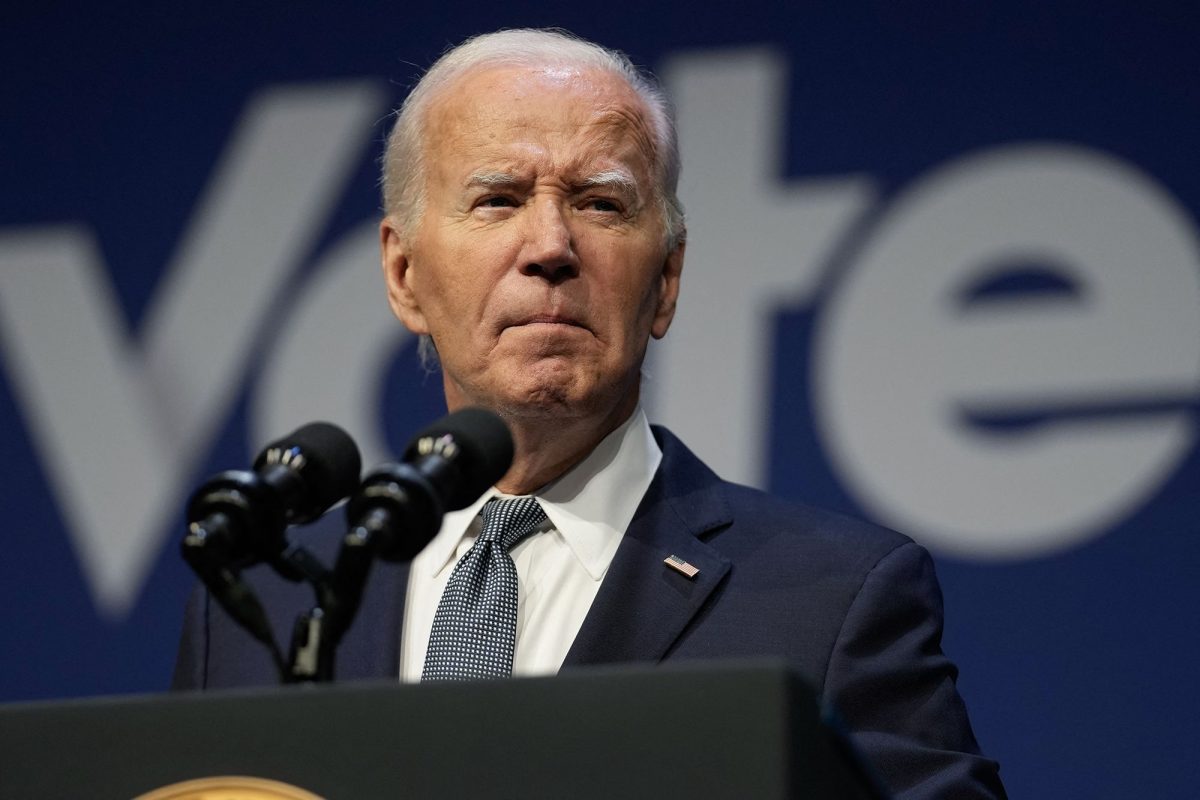A deal to extend a truce between Israel and Hamas into Thursday went down to the wire after Hamas declined for hours to produce a list of hostages that had 10 women and children on it – a condition that Israel insisted must be met.
After a tense and lengthy back-and-forth on extending the truce into a seventh day, the Israeli government eventually accepted a proposal for Hamas to release just eight new Israeli hostages on Thursday and agreed to count two Israeli-Russian hostages who were set free on Wednesday as a part of Thursday’s release, multiple sources familiar with the discussions told CNN.
After Israel rejected one iteration of Hamas’ list that had seven women and children and the bodies of three more who they claimed were killed by Israeli bombardment, Hamas continued to claim that it could not locate more women and children. Hamas then proceeded to offer seven women and children, and three elderly people – also deemed unacceptable to the Israelis, one source said.
Hamas ultimately waited until very close to the truce expiring to finally hand over a list that Israel accepted – eight new hostages, plus the two Israeli-Russians released on Wednesday, according to sources. The negotiations have proven to be fluid, leaving open the possibility that the number of the hostages released on Thursday could change.
The parties are now fully in a day-to-day extension phase of the truce, where Hamas must offer up a new list of 10 hostages in order to secure another 24 hours in the pause in fighting. Given the serious challenges that came up with Hamas claiming until the last minute that they were having trouble locating enough hostages, anxious negotiators are anticipating that the process of extending the truce into an eighth day could be very challenging.
The new details about the negotiations Wednesday underscore the precarious nature of the current truce in the Israel-Hamas war, which has the various parties involved actively preparing for what’s to come after the pause. There are now significant questions about whether the deal can survive another day or whether Israel will re-launch the fighting.
Negotiators had believed before the two-day extension of the truce that Hamas would likely not be able to offer more women and children to stretch the pause beyond an eighth day. When Hamas is unable to release any more women and children alive, the understanding is that Israel will re-launch its military campaign, possibly as soon as this weekend.
Israel has repeatedly argued that military pressure helps with the release of hostages and Hamas will likely want better terms for the release of civilian men and Israeli soldiers, both men and women. The deal that was struck last week was only for women and children.
“Over the past few days, I’ve been hearing this question – will Israel go back to fighting after maximizing this phase of returning our hostages?” Israeli Prime Minister Benjamin Netanyahu said on Wednesday, the sixth day of the pause in the fighting. “So my answer is unequivocal – Yes.”
The Biden administration claims it has told Israel to take a much more cautious and surgical approach than it did before the pause in the fighting, as operations are expected to move into southern Gaza where the vast majority of Gazans have been displaced.
In their meeting in Jerusalem Thursday, Secretary of State Antony Blinken pressed Netanyahu on the need to ensure that civilian protection is accounted for in southern Gaza before IDF military operations begin there.
“It’s imperative that Israel act in accordance with international humanitarian law and the laws of war, even when confronting a terrorist group that respects neither,” said Blinken at a press conference in Tel Aviv.
Blinken said that Netanyahu “agreed with the need for this approach” to protect civilians and that the Israeli government offered “concrete steps” to protect civilians.
“There are concrete steps – that it’s not appropriate for me to detail here tonight – that we know and we heard, can make sure to the best of anyone’s ability that that happens,” said Blinken.
To what extent that urging is being taken into consideration remains to be seen.
“Israel and the US administration are in close dialogue on many fronts,” an Israeli official said, “including the need to apply pressure on Hamas after the pause and the need for humanitarian aid to the civilian population in Gaza. In these discussions, Israel is very attentive to the U.S. perspective.”

















